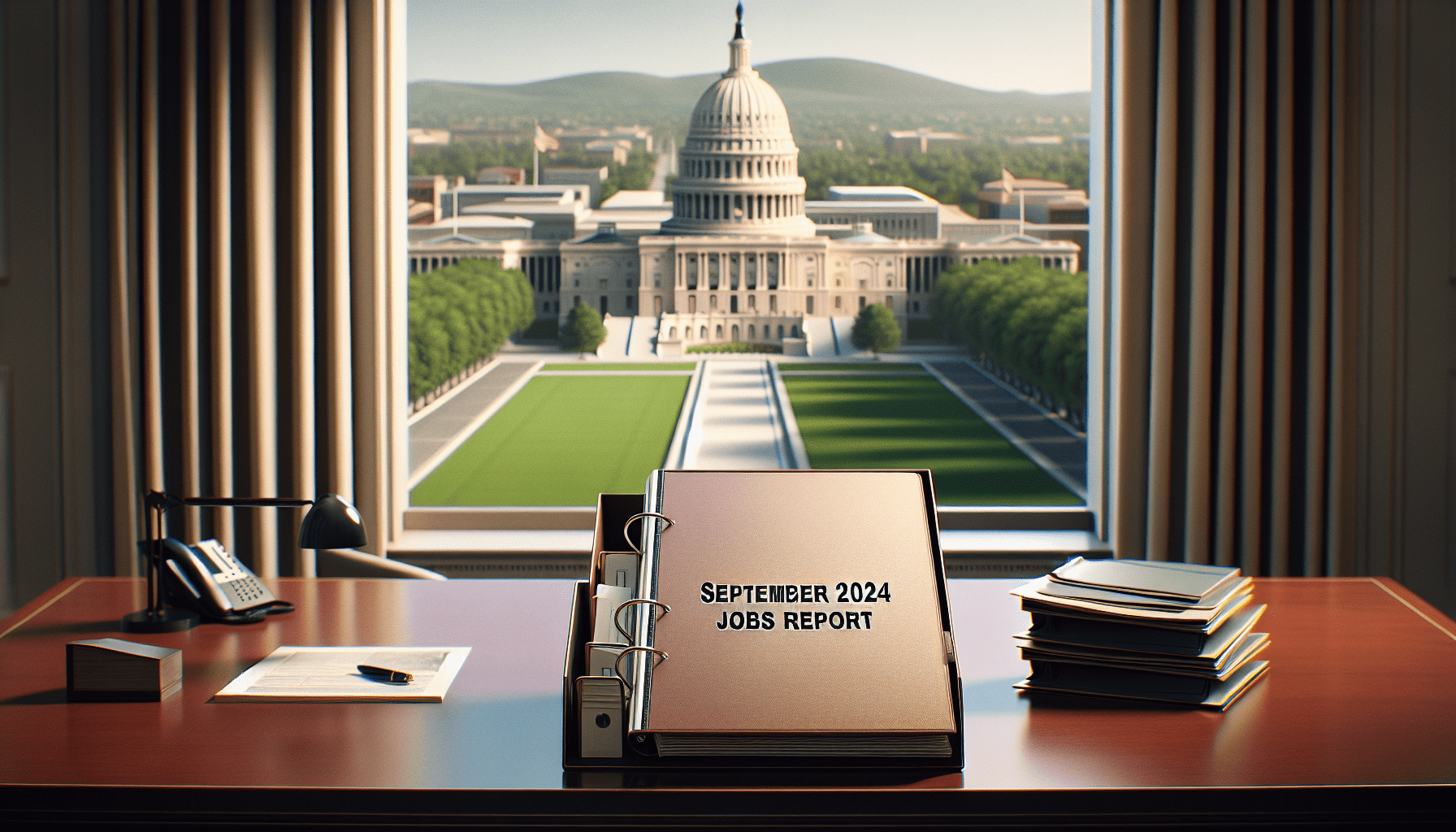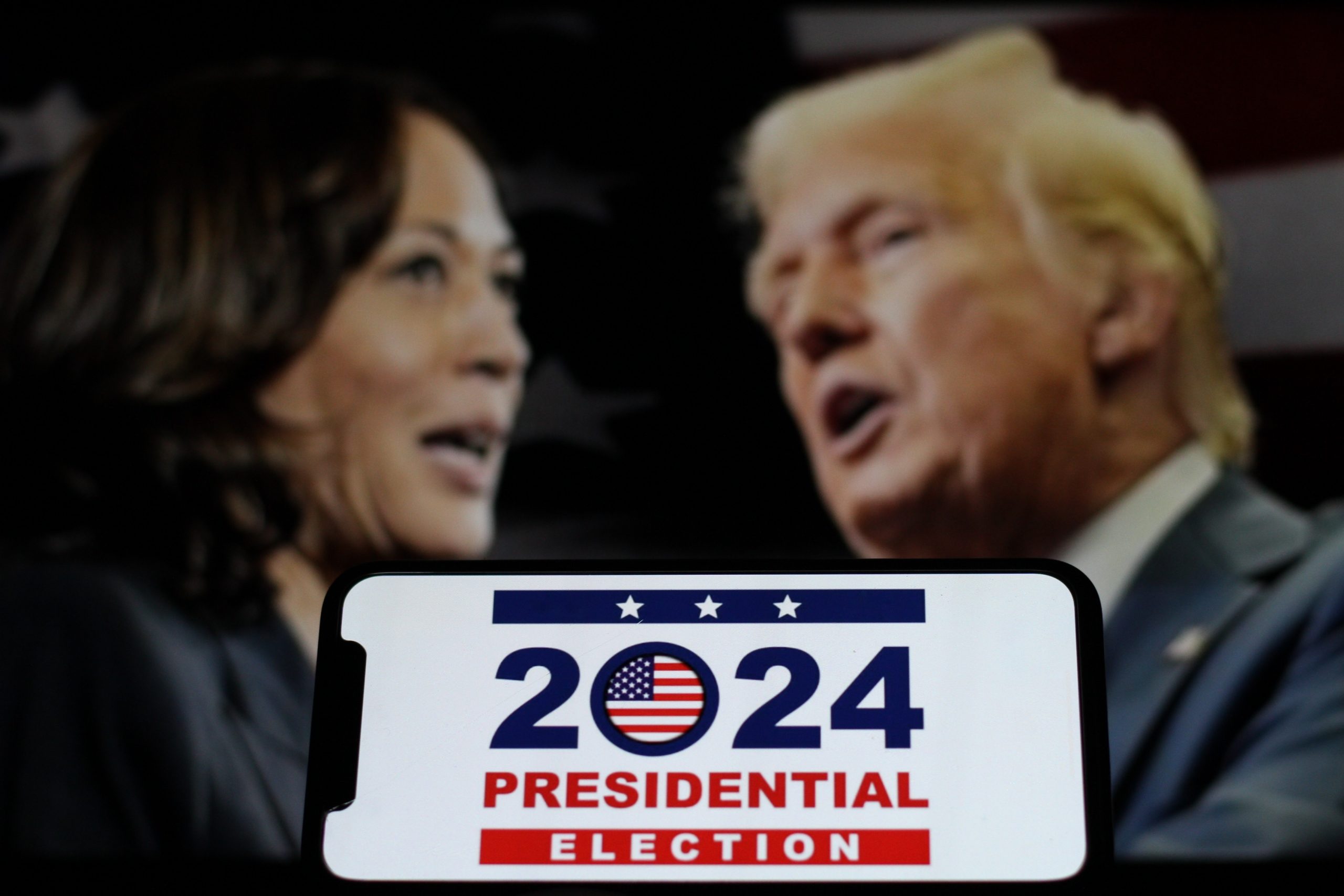Is the Growth of Legal Online Sports Gambling Unstoppable?
As more states come online and more teens engage, you can bet on it, because its a whole new ballgame

Can the market for internet wagering sustain its runaway growth of the past six years?
Geographically, the spread of legal internet sportsbooks may be approaching maturity. So far, 38 states have opened the floodgates to some kind of betting on sports. Of those, 30 have legalized it online. That leaves 20 states that may or may not grant the privilege on the internet in the future.
Demographically, the online-wagering craze may not catch on with a lot more groups of potential gamblers. That’s because it’s already drawn in bettors too young to hang at an offtrack betting parlor or too cash-strapped to hop a plane to Las Vegas. One example is that nearly 70% of college students living on campus have become gamblers, according to an NCAA survey quoted by CBS News.
While those numbers raise the question of whether the industry still has room to grow at a startling pace, there’s no doubt it’s already expanded wildly and isn’t likely to shrink.
Revenue in the online sports betting market is projected to reach $14.3 billion this year in the United States, up 29.8% from a year earlier, says Statista, an online data-gathering platform. With growth expected to continue at a rate of 10.7% annually, the sector could reach annual volume of $23.8 billion by 2029, the company’s analysts conclude.
One reason for that healthy growth has been that placing a bet online couldn’t be much more convenient—you don’t even need to change out of your pajamas. Simply grab your smartphone and punch in a wager on a team or an individual athlete’s performance. You can do it on an app like DraftKings or FanDuel, or by visiting an online casino.
It’s a phenomenon that’s changing the cultural landscape and altering the way the public views gambling. That might leave you wondering how it all started, so let’s look at the history.
A Supreme Court ruling
In 2018, the United States Supreme Court struck down a 1992 law called the Professional and Amateur Sports Protection Act, which prohibited sports betting in most states.
Unlike a lot of the court’s decisions, this ruling wasn’t determined along ideological lines. The justices split six to three but wrote several separate opinions to take exception to aspects of the majority opinion.
To some degree, the issue united liberals and libertarians because in different ways both camps respect individual liberty. Conservative Associate Justice Samuel Alito wrote in the majority opinion that both sides had good arguments.
“Supporters argue that legalization will produce revenue for the states and critically weaken illegal sports betting operations, which are often run by organized crime,” Alito wrote. “Opponents contend that legalizing sports gambling will hook the young on gambling, encourage people of modest means to squander their savings and earnings, and corrupt professional and college sports.”
But the question for the Supreme Court, he maintained, was whether Congress had crossed a constitutional line in forcing states to comply. In his view, the federal government was guilty of overreach. But however one views states’ rights, the rush was now on to create a newly legal sports betting industry.
Over the next six years, one legislature after another recast state laws to allow residents to partake in sports wagering online or off. As a result, a lot of American lives changed forever.
The fallout from a new industry
Society is still coming to terms with the ramifications of increasingly widespread gambling. Many observers don’t like what they see, as evidenced in a scholarly paper penned by a professor at the University of Nevada, Las Vegas.
“This has allowed a thriving shadow economy of mob-associated bookies and offshore websites to operate with virtual impunity,” he wrote.
Others have cried out in alarm over the effects on the general public and on the gamblers themselves, as evidenced in a recent article in The New Republic, a left-leaning magazine.
“Our entire society is becoming addicted to sports gambling,” shouted a New Republic headline. The writer went on to say that “it’s become abundantly clear that sports gambling is having a ruinous effect on American society—and that the leagues, team owners, and state and national politicians are now too deeply enmeshed with the industry to do anything about it.”
Still, a writer at The New York Times assumed a more complacent attitude, maintaining that “sports betting is legal and wildly popular in Britain, for example, but the integrity of the Premier League has not suffered.”
Whether or not gambling will ultimately tarnish sports, it’s hard to blame college administrators and pro franchisees from embracing or at least tolerating the phenom. There’s so much money at stake.
The cash payoff
How college and pro teams benefit from gambling seems simple enough. Placing a bet gives fans skin in the game, and that makes them tune in to the games on television, increasing the size of the audience.
The larger the number of viewers, the more valuable airtime for commercials becomes. Thus, teams can negotiate more lucrative contracts with the television networks or cable entertainment providers.
But teams and school athletic programs aren’t the only beneficiaries of the windfall. Individual players become more well-known when fans are watching them more intently.
Players can leverage their increased notoriety to branch out into other forms of celebrity, like starting podcasts, notes one has done exactly that—Austin Elkeler, a running back for the Washington Commanders.
It seems only natural that a more-famous player could also command a higher salary and would attract additional and higher-paying sponsorships and endorsements. But there’s a downside to being a celebrity, too.
Bettors can blame individual athletes when they lose, Elkeler said in an interview with Bloomberg. “They’re like, ‘Come on, man, you couldn’t get one more yard?’ ” he told the website.
Harassing phone calls to college players have also been reported—something not conducive to a good learning atmosphere for student-athletes.
And while collegiate and professional teams benefit from gambling, they strictly prohibit players from placing bets. Tying money to the outcome of a sporting event can be ruinous.
Classic examples abound. Think of the 1921 Chicago Black Sox trial with players taking crime-syndicate bribes to lose the 1919 World Series intentionally.
Or on a more personal level, consider the way Cincinnati Reds player-manager Pete Rose gave in to his gambling addiction. He wound up in deep trouble with the IRS and was banned from major-league baseball for life and denied recognition in the Baseball Hall of Fame.
In recent examples, ESPN revealed $4.5 million was sent to an illegal bookmaker from the bank account of the Los Angeles Dodgers’ superstar Shohei Ohtani. His interpreter took the blame. Meanwhile, Toronto Raptors center Jontay Porter has been investigated after leaving two games early over health concerns. That could have fixed bets on the number points he scored and rebounds he snared.
But you don’t have to be sports royalty or even a back-bencher to suffer gravely from gambling. In states with legalized sports betting, bankruptcies increased 28%, debts sent to collection jumped 8%, late car loan payments became more common and credit scores plunged, a survey by the University of California at Los Angeles Anderson School of Management indicates.
No wonder today’s proliferation of online wagering is raising concern. What’s more, the harm is especially severe when it affects young people.
Teenage gambling
Teenagers can fall into a gambling habit because they grew up playing fantasy league games on their phones that have bonuses and rewards resembling the features on wagering apps, according to a University of Michigan study.
“That familiarity may make it harder for teens to appreciate the difference between playing for fun and playing for money,” said Sarah Clark, co-director of the UofM study.
One in four parents say they have talked to their teenagers about some aspect of virtual betting, the study shows. Just 2% of parents polled believe that their teenager has used an online betting platform, Clark noted on the university’s website.
But the NCAA survey cited by CBS News said 58% of 18- to 22-year-olds have placed at least one wager this year.
If that bothers you, feel free to argue against the convenience of today’s online sports gambling. But it seems unlikely betting will ever fade away.
In one of the earliest concrete examples of taking a risking for monetary gain, there’s evidence of using tiles to play lotteries to finance public works in China as early as 200 B.C. They may have helped pay for the Great Wall of China.
So, we might as well get used to it.
Ed McKinley is Luckbox‘s editor-in-chief.




















